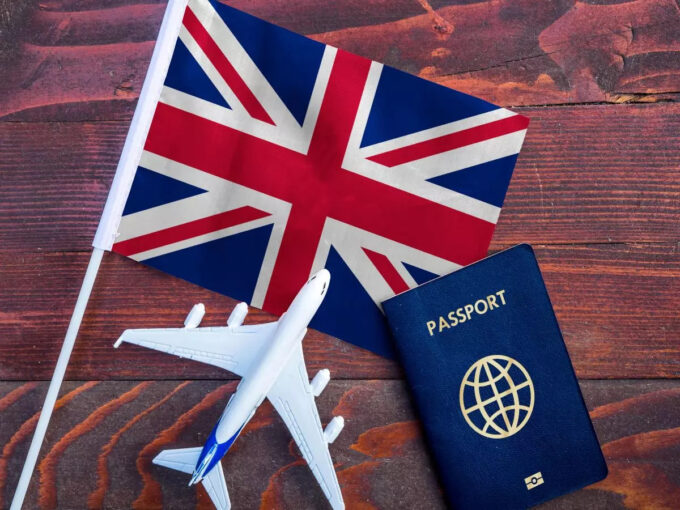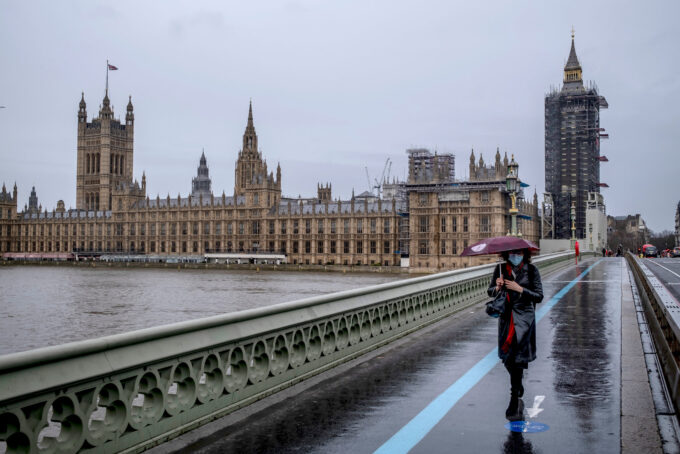The UK visa application process is long and sometimes exhausting, and being refused is probably the worst thing that may happen after that. As you receive the refusal letter, you probably want to figure out what you did wrong after you invested a lot of time, effort, and hope into your application. And surely denial disappoints and frustrates, making you feel hopeless.
Anyway, you need to put yourself together as soon as possible because many challenges will arise, and you’ll have to deal with them on short notice. That’s why you need to address the wrong steps on time, so you won’t make the same mistakes again. Sometimes you’ll have to go through the whole process alone, but in many cases, you can work with an immigration expert to make the process smoother. Surely, check on the practical advice at https://imperiallegal.com/uk-visa-refusals-appeals.
But let’s start from the beginning:

Give yourself time to deal with the emotional rollercoaster
Moving abroad is a difficult decision itself, and being denied a visa will surely cause a range of emotions – from sadness to anger. You may feel defeated, and you deserve to take some time and deal with these emotions yourself. Instead of being angry with everyone around you, it’s better to step back a few days until you accept what’s happening.
It’s fine if you want to talk to someone, but also it’s completely right to deal with the challenge alone. Our suggestion is to keep a positive mindset and motivate yourself to try again.
Understand the reasons for the refusal
You must read the refusal letter carefully in order to understand what happened and what you need to fix for the next application.
They may provide valuable information on which evidence is missing from your application, so you can obtain it on time. The lack of supporting documents is one of the most common reasons why UK visa applications are often denied.
Additionally, you may provide inaccurate information by mistake, but you still have time to correct it. Maybe you didn’t provide proof of funds and income, as one of the most essential requirements in visa applications.
Read the explanation carefully in order to find out why you failed to meet the eligibility criteria, and it will be easier next time.
Overcome the issues and reapply
Once you’re aware of what the refusal reasons were, it’s time to prepare for the reapplication. At this point, you can seek professional advice and work with an immigration consultant to ensure you’re doing everything right. These people can help you identify the weaknesses in your first application and guide you through the whole process.
You can review the supporting documents together and determine if any were missing or incomplete initially. Gather enough additional documents to support your application. Address the refusal reasons and try to overcome them efficiently. Double-check the application form and ensure everything you entered is completely accurate and up to date.
Overview of most common UK visa refusal reasons

Source: timesofindia.indiatimes.com
We briefly mentioned some of the possible reasons why your visa application was denied, but let’s take a detailed look at some of them:
Insufficient supporting documents or inadequate documentation often result in a refusal. That means you don’t have all the required documents to proceed with the application, such as previous employment letters, financial statements, accommodation details, or invitation letters.
Inaccurate or incomplete information on who you are and why you travel to the UK is another common reason. Make sure you provide consistent information in your application to boost your credibility.
If you lack funds, i.e., you don’t have enough financial resources to cover your stay, the UK authorities may reject the application. So, make sure you have all the needed bank statements to prove you can support yourself.
Sometimes, applicants aren’t completely eligible for a UK stay. For example, they may not have the needed educational qualifications, work experience, or language proficiency to be granted a UK visa. Re-read the requirements carefully and see which one you fail to meet.
There are some less common reasons like you don’t have strong ties to your home country, and you may immigrate to the UK or overstay there. If you have some previous immigration or travel violations, and you haven’t mentioned that in the form, they may be concerned that you plan on violating their immigration rules.
And finally, if you fail to provide a genuine purpose for your visit, you can expect a refusal letter because that’s how things work there, and you have to adapt to them.
Keep in mind that there can be more reasons that contribute to visa refusal, and you must detect and fix them upon reapplying.
What if you did everything right but were still not able to obtain your UK visa?

Source: nytimes.com
Sometimes you can’t control things the way you want. The truth is, you’ll surely receive an explanation of what you did wrong so you can fix that for your next application. In some cases, even when you think you did everything right, you may still receive a refusal letter instead of your visa.
The only right thing to do is to identify the weaknesses in your first application and start dealing with them one by one.
Conclusion
We understand that the emotional rollercoaster is hard to control, but an adult person should deal with the emotions as soon as possible and even try to be completely unbiased when it comes to visa refusal. That’s why we provided this detailed guide on how to fix things one by one.
In general, you must understand the reasons behind the refusal and if you can really fix them and reapply again. Make sure you consult with a legal or immigration advisor to address the weak points and make your new application stand out. Also, you need to check when you’re able to apply again because, in some cases, you may be prevented from applying in the next few months.
Meet all the requirements, and you’ll surely get an approval letter the next time.







